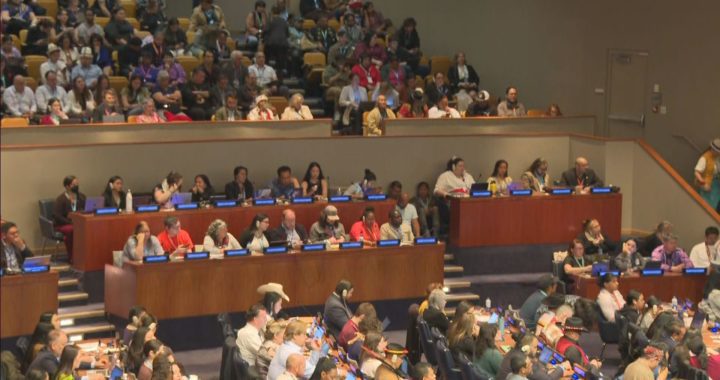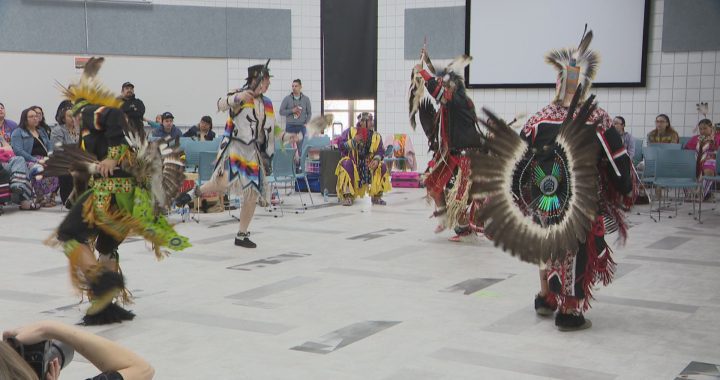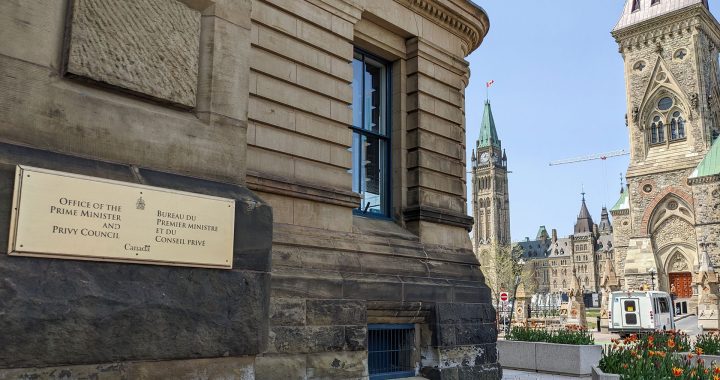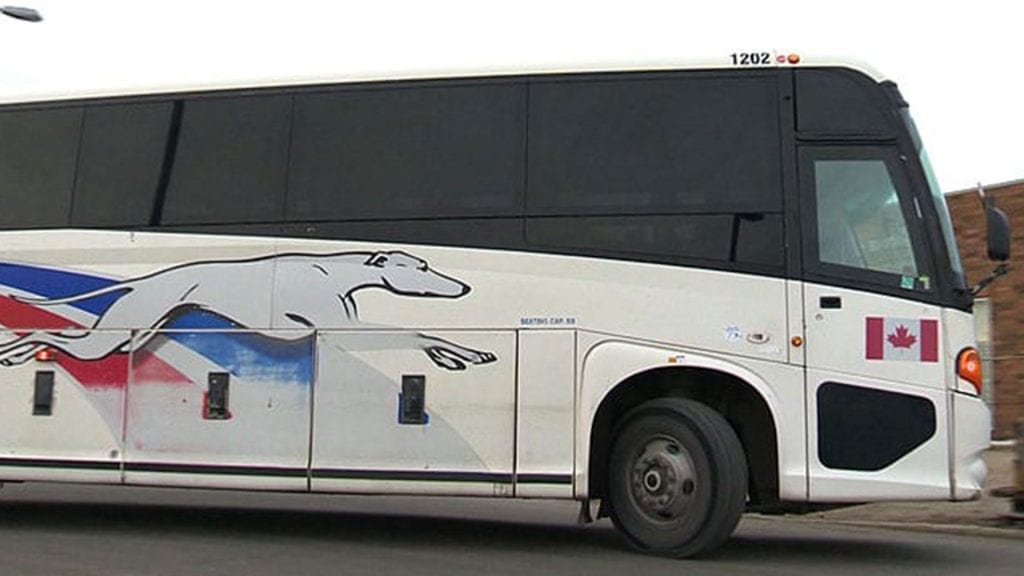
Greyhound Canada is ending what is left of its passenger bus service in Canada on May 20. Photo: APTN
The loss of Greyhound Canada will put women and girls at risk, say advocates who worry more may go missing or be murdered without national bus service.
The inter-city bus line, citing low ridership, plans to stop operating in eastern Canada as of midnight May 20.
Greyhound ceased running in western Canada in 2018.
Yet the National Inquiry into Missing and Murdered Indigenous Women and Girls (MMIWG) concluded a national, reliable and affordable bus system was a must.
“Families and survivors told the National Inquiry about the importance of safe transportation in preventing the deaths and disappearances of Indigenous women, girls and 2Spirit people,” said Marion Buller, a former commissioner and Cree judge.
“As a result, Call for Justice 4.8 requires all governments to provide safe and affordable transportation for Indigenous women, girls and 2Spirit people, especially in remote areas.”
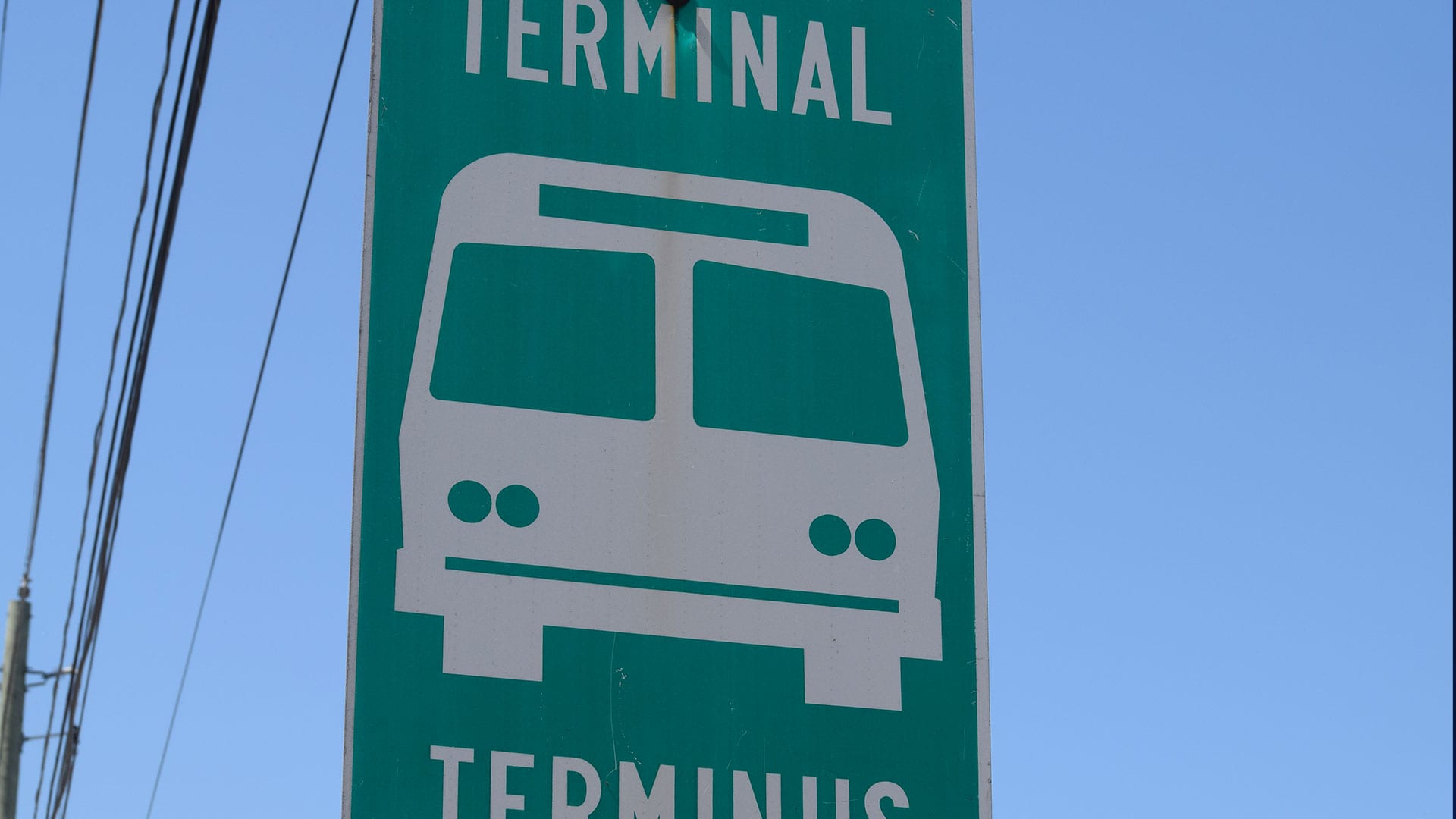
Buller said all levels of government, including Indigenous leaders, needed to step in to fill the transportation gap.
So did Bernadette Smith, an Anishinaabe and Métis NDP-MLA in Manitoba, whose sister Claudette Osborne vanished in 2008 while walking home in Winnipeg.
“I think (without Greyhound) it’s going to put people at risk because people are going to start hitchhiking or look at other risky means,” she said.
“We don’t want to see what happened with the Highway of Tears happen anywhere else in Canada.”
The Highway of Tears is named for the ongoing disappearances and unsolved murders of many Indigenous women and girls along a notorious stretch of Highway 16 between Prince George and Prince Rupert.
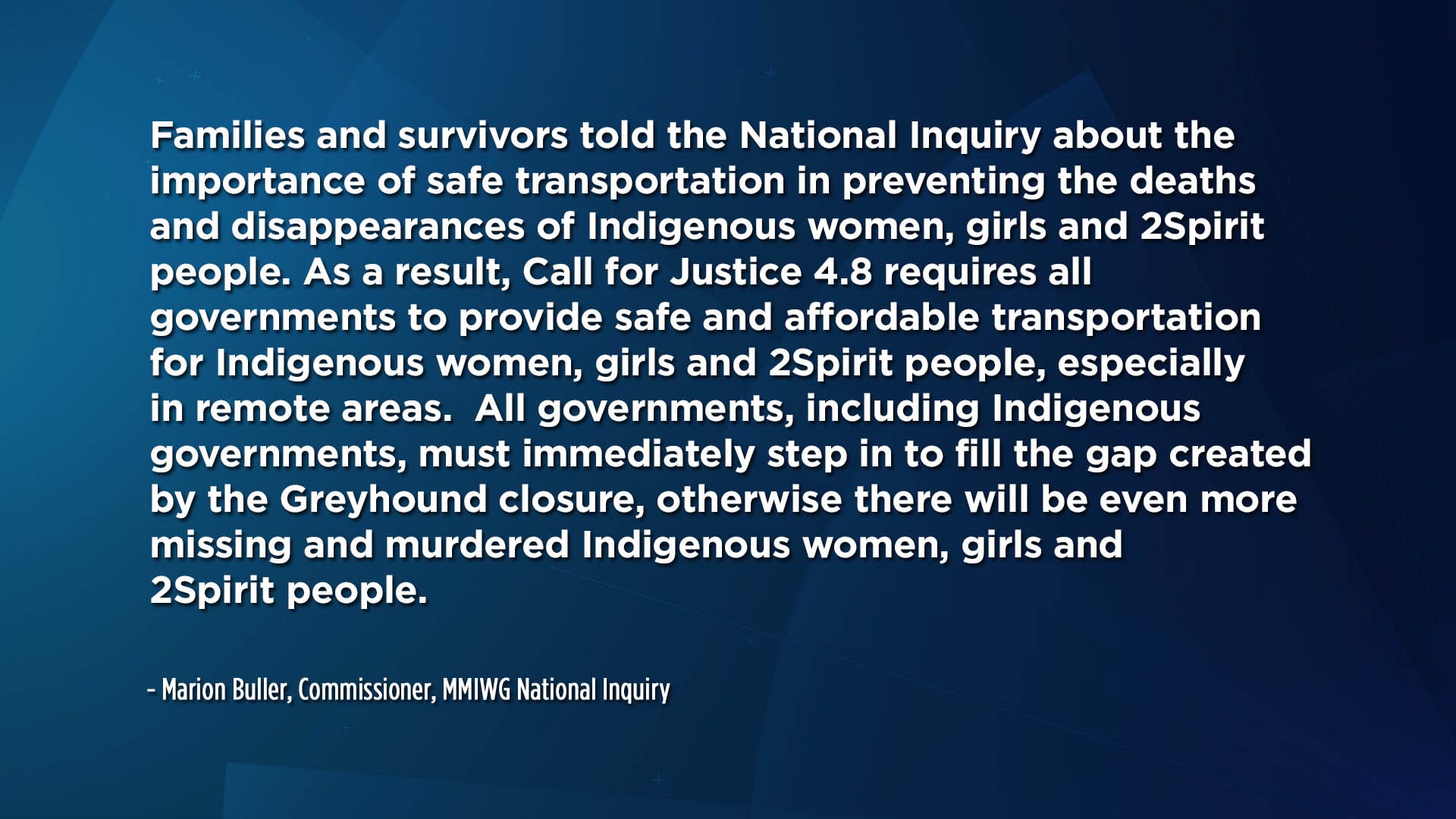
Smith said lack of cellular phone and internet service also made travel in some remote and rural areas unsafe.
“Government definitely has a stake in that and should be doing something about it,” she said, “and figuring out with the bus companies what they can do.”
Greyhound, which operated in Canada for nearly a century, signalled for years its ridership was shrinking due to car ownership, ride sharing, discount airlines and urban migration.
The travel restrictions imposed by the COVID-19 pandemic were the final blow, the company said in a statement.
“We deeply regret the impact this has on our staff and our customers, as well as the communities we have had the privilege of serving for many years,” said Stuart Kendrick, senior vice-president for Greyhound Canada.
“A full year without revenue has unfortunately made it impossible to continue operations. Thank you to our dedicated staff for their commitment and service, and to our customers for choosing Greyhound Canada during better times.”
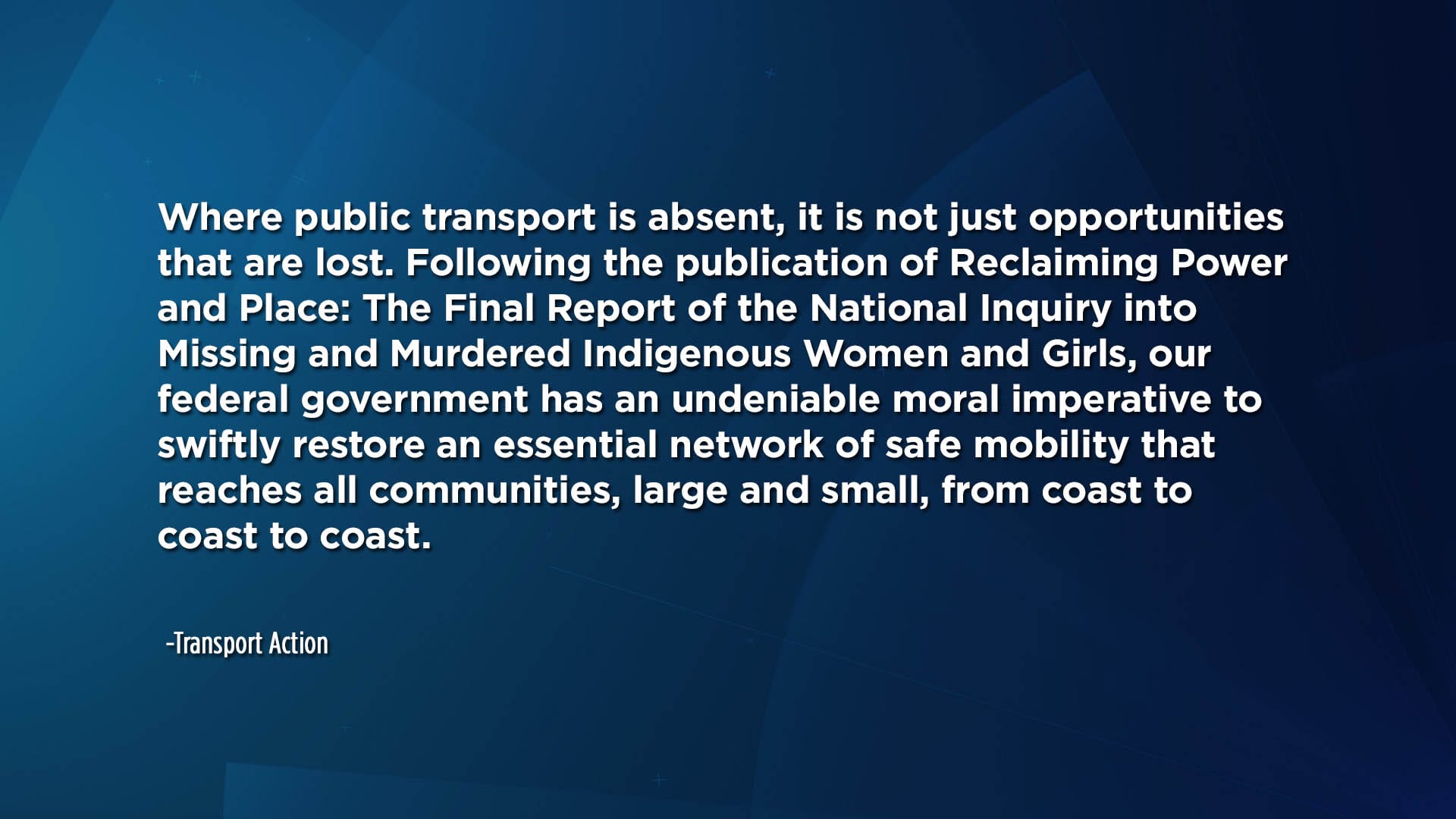
The Trudeau government said it made financial aid available to the passenger transportation industry during the pandemic.
“Our government is disappointed by Greyhound’s decision to stop its operation in Canada,” it said in an emailed statement from Transport Minister Marc Garneau.
“We know that many Canadians, including Indigenous peoples depend on this service. We will continue to work with provincial officials, Indigenous partners and municipalities to explore options to address this gap and provide Canadians with safe, reliable and affordable transportation across the country.”
Gladys Radek remembers taking a Greyhound bus to Terrace, B.C., where she now lives, from Toronto for Christmas one year because it was an affordable fare.
“The rich folk won’t miss it,” said the Gitxsan and Wet’suwet’en community activist and family advocate for the national inquiry.
“It was cost effective, travelling between smaller towns that don’t have their own bus service.”
Private shuttle services
But since Greyhound pulled out of her part of northwestern B.C. a few years ago, Radek said some private shuttle services have started up.
“Now, it’s not perfect the system, but it is getting our women and girls to appointments for doctors, hospital and shopping,” she said.
Osborne said Indigenous communities need to be at the table during talks to replace Greyhound.
“Community has a role to play, too, in holding these companies to account because they’ve been using these services forever and they rely on these services and they help keep them afloat,” she said.
“They need a means of travel when they don’t have vehicles.”
Province and territories
All of the provinces and territories are signatories to the national inquiry and expected to develop their own action plans to reduce violence against Indigenous women and girls.
Yet the Saskatchewan Party upset families and advocates by ending funding for the Saskatchewan Transportation Company provincial bus service – a Crown corporation that served 253 communities – in 2017.
“There are some privately run bus services now,” noted anti-violence advocate Darlene Okimaysem-Sicotte from Saskatoon.
“But to hop on from Saskatoon, it’s kind of in an industrial area, which is a risky area to get on the bus to go out of town.”
The national inquiry, funded by the Trudeau government, examined the root causes of violence against Indigenous women and girls and released 231 Calls for Justice.
National plan
Okimaysem-Sicotte said work is underway with the federal government to create a national plan to put those calls into action and improve the quality of life for Indigenous women and girls.
“But it just doesn’t make sense to be (losing Greyhound) during a pandemic when we need services,” she said.
“Trucking is an essential service and I would think that Greyhound should be considered an essential service, too.”
Meanwhile, an advocacy group of bus passengers has asked the federal government to create a national bus transportation system and regulate passenger bus service.
Rail service
They want to see passenger rail service improved as well, said Terence Johnson, president of Transport Action Canada.
“With the cutbacks in Greyhound over the past decade or so we became increasingly concerned about what we were hearing about issues like the Highway of Tears,” Jones said in an interview.
“This is not just an economic issue anymore; this is a public safety issue.”
Jones said his coalition supports the national inquiry’s Calls for Justice and should be considered an ally.
“We’ve seen so many reports come out and transportation has been a footnote,” he said, “even though transportation is actually the key that unlocks access to so many other things.”
Hilda Anderson-Pyrz, who speaks for Manitoba Keewatinowi Okimakanak’s Missing and Murdered Indigenous Women and Girls Liaison Unit, agreed.
“Women and families need reliable and affordable transportation for healthcare, education, jobs, and going to see family,” she said.
“The way (Call for Justice) 4.8 is worded isn’t just on reserve, but wherever they live in the country.”
Editor’s note: This story was amended 21/05/21 to correct Terence Johnson’s surname from Jones.





